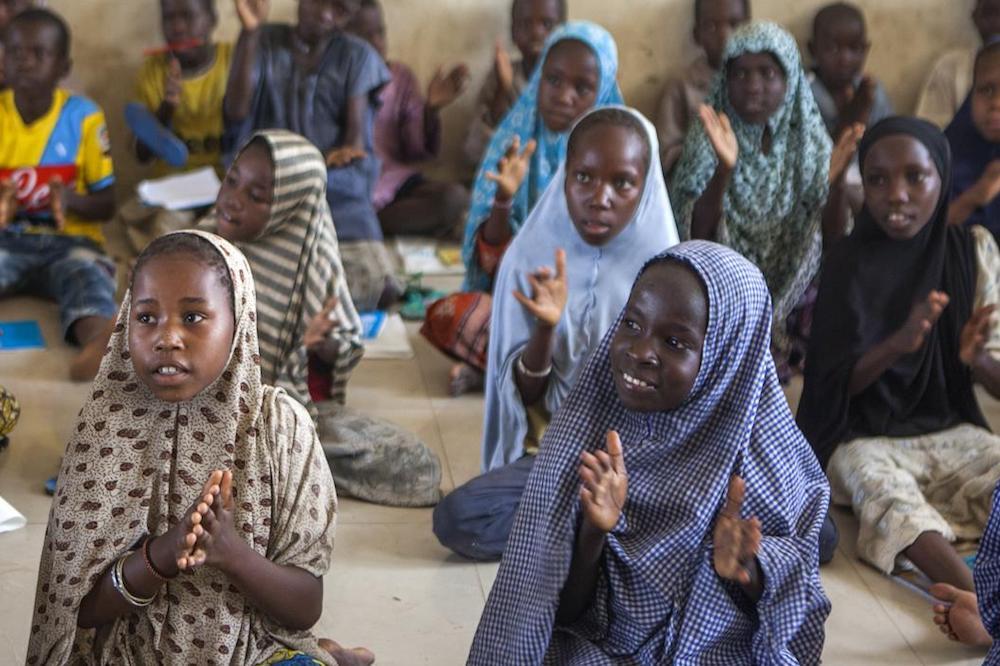
1.7 million children and youth in Myanmar go to work instead of school
Child labour
A boy works, unloading stones from a boat in Dala, Myanmar
One in five children aged 10 to 17 in Myanmar go to work instead of school, according to figures from a census report on employment.
The Occupation and Industry report – part of Myanmar’s 2014 census – shows about 1.7 million children between 10 and 17 years of age are working.
“Today, one in five children aged 10 to 17 are missing out on the education that can help them get good jobs and have employment security when they grow up,” Janet E. Jackson, United Nations Population Fund (UNFPA) representative for Myanmar, said in a statement yesterday.
Many parts of rural Myanmar are mired in poverty and one million people are estimated to be in need of humanitarian aid due to natural disasters and internal conflict which have driven hundreds of thousands from their homes, according to the United Nations.
The 2014 nationwide census – Myanmar’s first in 30 years – was criticised for excluding the country’s Muslim Rohingya minorities, who suffer state-sanctioned discrimination.
Most of 1.1 million Rohingya are stateless and live in apartheid-like conditions in the western state of Rakhine.
The main results of the census were released in May 2015 and showed Myanmar’s population stood at 51.4 million – a figure that includes an estimate of the Rohingya population based on pre-census mapping in Rakhine state, according to UNFPA.
The employment data highlighted a gender gap in the labour market, with about half of women aged 15 to 64 working or looking for a job, compared to 85% of men.
The report indicated 52% of Myanmar’s population is working in the agriculture, forestry or fishing sectors.
Data from other sources show deep poverty in the country. Only a third of Myanmar’s households have electric light, the infant mortality rate is 62 per 100,000 live births and life expectancy stands at 66.8 years compared to neighbouring Thailand’s 74 years, according to the World Bank.
The Thomson Reuters Foundation, the charitable arm of Thomson Reuters, covers humanitarian news, women’s rights, corruption and climate change.
More news

